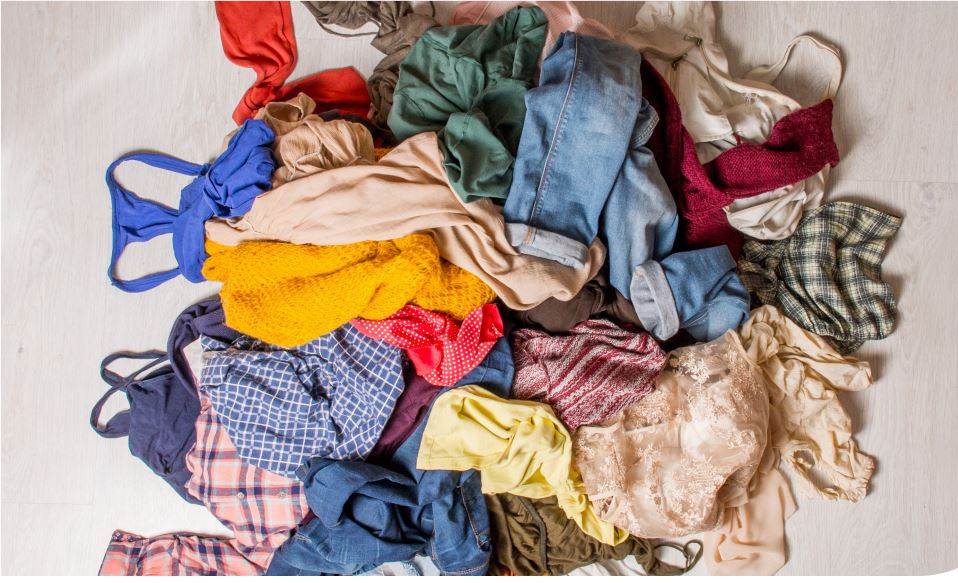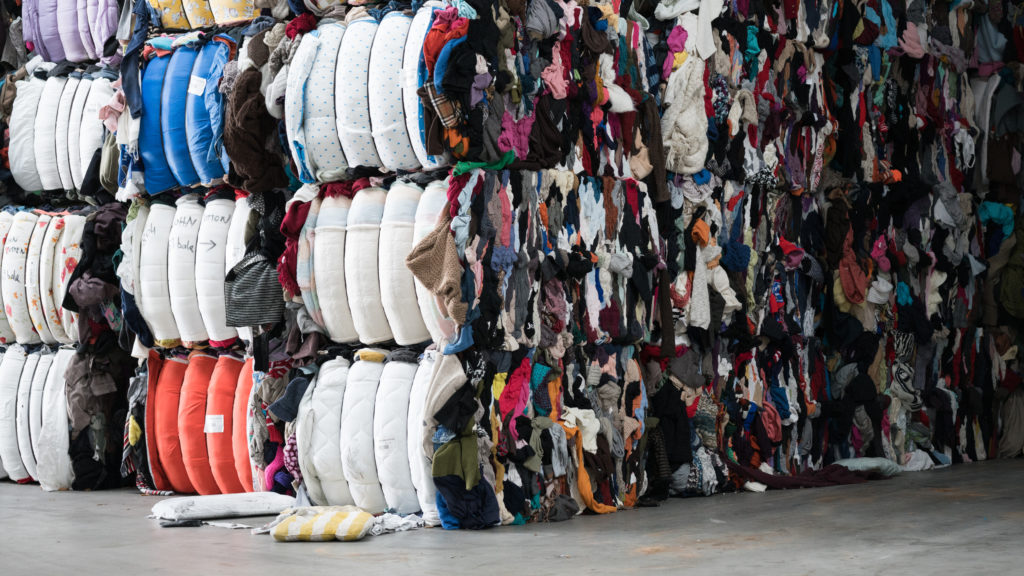Hopefully the regulations will mean that people like us and good rag men can continue what we are doing and protect UK jobs.
Michelle Barry, LM Barry and Company
Speaking to letsrecycle.com this week, textile recyclers around the UK said the supply of textiles for sorting in the UK, was increasing following the introduction of the revised Transfrontier Shipment of Waste Regulations, last month (see letsrecycle.com story), – which appear to be making it harder to send unsorted rag abroad.
Recyclers in Northamptonshire, Manchester and London, all revealed that tonnages were higher than usual for this time of year. They believe this is because less scrupulous operators, who exported unsorted material abroad, are being scared off by the more stringent controls.
Rob Almond, factory manager at Salvatex Collections Ltd in Corby, said: “Since the introduction of the revised Transfrontier Shipment of Waste Regulations, a lot of people have stepped back and are not buying as much rag as they were, so there is a lot more on the market. Supply is quite high for this time of year and demand is slightly lower.”
Michelle Barry, manager at LM Barry and Company in London, agreed that tonnages in the capital had increased in line with the regulations.
She said: “Rags are good for us at the moment and we are getting a lot in, which I hope is a result of other merchants who have been exporting textiles, stopping their operations.”
Impact
Although the industry welcomed the effect of the new regulations, many in the sector claimed a greater impact would be needed to drive down the price of textiles – which have been steadily increasing over the last few years due to the competition from sorting operations abroad (see letsrecycle.com story).
Elliot Cohen, of I & G Cohen in Manchester, said: “We expected the regulations to have a major influence on the price of goods but there has only been a little change. There is plenty of rag about at the moment but lots of people are still exporting directly out of the UK so the prices are unrealistically high.”
Alan Wheeler, secretary of the Textile Recycling Association, added that it was too early to know if the pattern could be attributed to the new regulations and that it would take time to know if they would have a lasting impact on the sector.
He said: “I don't know whether there is a pattern yet as it is still early days but clearly the Environment Agency have tightened up their checks. If textiles are sorted they can be transported outside of the regulations, so in theory there is some benefit for UK companies exporting reusable grades. It will be interesting to see what happens.”
Contamination
Under the revised Transfrontier Shipment of Waste Regulations, the Environment Agency has been cracking down on illegal shipments of single-stream “green list” waste, to ensure it is free from contamination. Unsorted textiles which are sent for sorting abroad could fall into this category if they contain contamination such as food, plastic, or nappies.
The overseas sorting operations have been perceived as a threat to UK sorting operations as they have driven up the price of rag by using cheaper, overseas labour to sort the material.
Michelle Barry added: “Hopefully the regulations will mean that people like us and good rag men can continue what we are doing and protect UK jobs.”










Subscribe for free